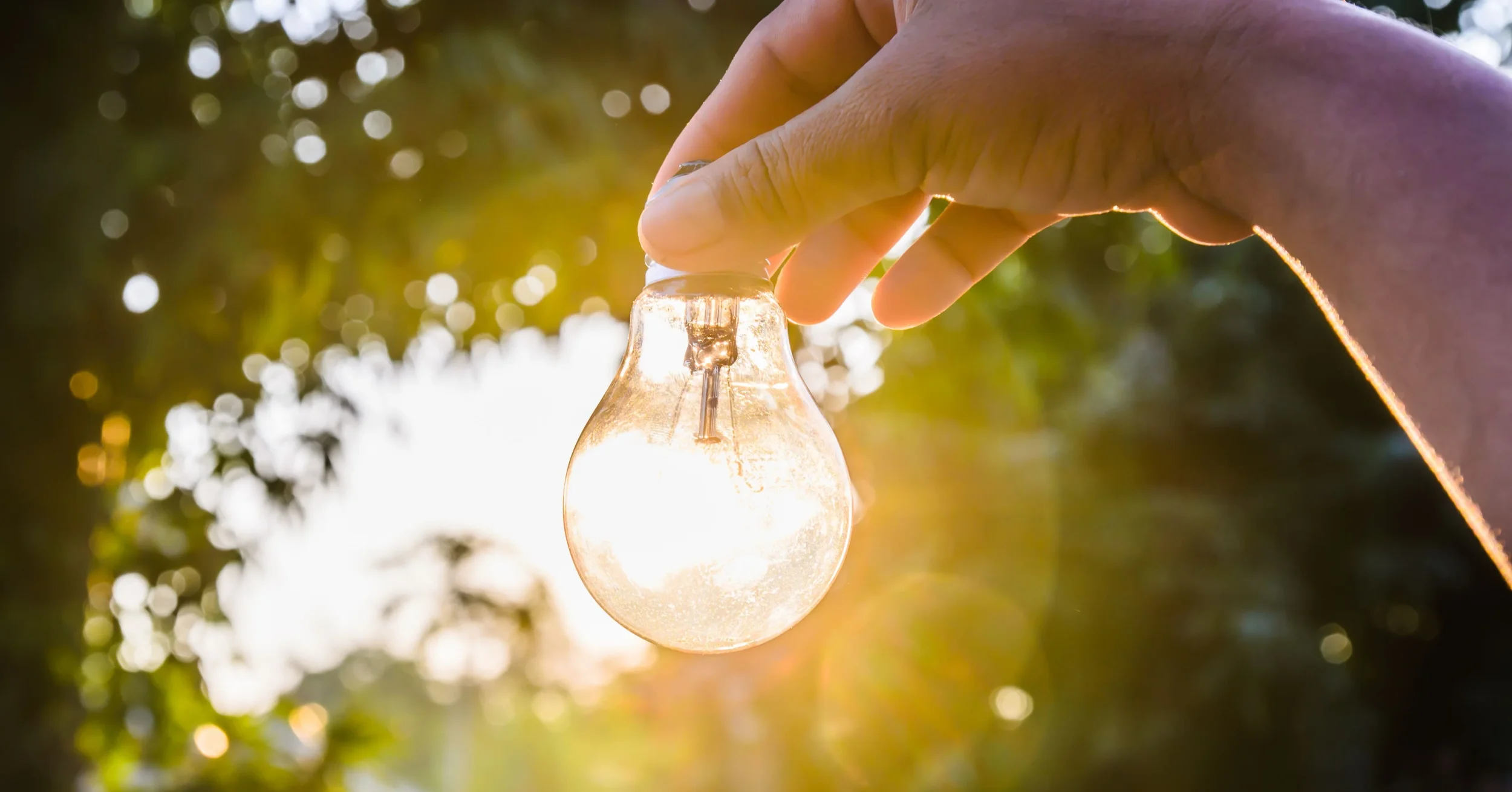Mission Statement
Our mission is to educate and empower students by sharing information about food, health and sustainability.
We want students to recognize their rights, make informed choices, and think critically about food and its impact on their health and the planet.
This is done through in class sessions, where students are encouraged to listen, ask questions, participate in activities and form opinions about matters that affect them and their future.
Here to Help!
There is loads of information surrounding our food, it’s production, and the effects on us and the planet. So much so that it can be overwhelming and frankly, scary sometimes! I am here to help with that.
Our planet is undergoing a vast change, and it’s our children who will be living through it. It is my belief that they deserve the knowledge to make choices that will have such a great impact on their future.
We all know the typical stuff; reduce, reuse, and recycle, but we need to go far beyond shutting a light when leaving the room, for example.
Did you know that you would have to leave a light on for about 800 days to equal the average energy consumed by Amazon in a single day? Yowza.
Potential Segments
-
While physically unpacking a giant lunchbox, we will learn about healthy vs processed foods, and what that means.
Topics that may be discussed: Reading nutrition labels, pesticides, eating locally, nutrients and digestion, foods effect on the body and mental health, etc.
-
Learning about what our stool can tell us about our overall health.
Topics that may be discussed: Digestion, characteristics of healthy vs. unhealthy bowel movements, use of animal waste in agriculture, etc.
-
Learning about what our tongue tells us about our overall health.
Topics that may be discussed: Characteristics that indicate good health, taste buds, foods from around the world, etc.
-
Learning about the impact that our garbage has on the planet.
Topics that may be discussed: Garbage disposal, fast fashion, waste-free alternatives, effects of trash on wildlife, etc.
-
Learning about how our planet sustains us and how we can better protect it.
Topics that may be discussed: Biodiversity, ecosystems, monoculture, local and global foods, etc.
-
Learning about the effects that media has on us and our behaviour.
Topics that may be discussed: Advertisements, packaging, stakeholders, target audiences, etc.
-
Learning about foods being used as medicine for a variety of illnesses/ailments.
Topics that may be discussed: Local flora used as medicine, global flora used as medicine, evolution of medicine, pharmaceuticals, etc.
-
Discussing some of the tougher topics that have major impacts.
Topics that may be addressed: Deforestation, overfishing, climate crisis, intensive animal farming, carcinogens, etc.
-
Learning about the ocean’s role and our impact on it.
Topics may include: Water cycle, water distribution, pollution, clean up initiatives, food webs, etc.
-
Learning about growing our own food.
Topics that may be addressed: Pollinators, companion planting, seasonal changes, life cycles, the role of insects and weeds, food webs, etc.
-
Focusing on the processes behind specific foods.
Topics that may be addressed: Local vs global foods, industrial factories, natural vs processed vs ultra-processed foods, packaging, shipping, carbon footprints, etc.
Note: Topics will depend primarily on the age group. While students are encouraged to reflect and ask questions, the conversation will be directed in a professional and age-appropriate manner.
While in your classroom, the teacher has the option to catch up on work, relax, or join in!
I will manage and engage the students over the period of one hour. During this time, I will present topics from a series of segments, based on the grade.
Students will be encouraged to listen, ask questions, think critically and form opinions. They will partake in activities and games alongside meaningful information.



